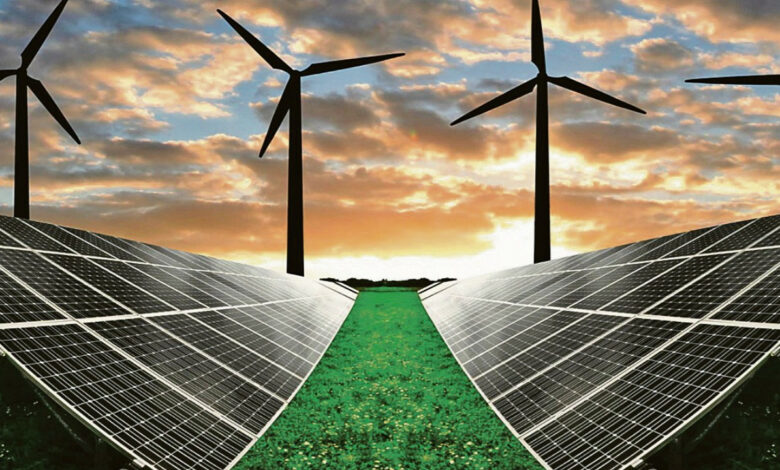Energy Investment for Foreigners in Turkey

Due to the economic growth and population growth experienced in Turkey at the last years, demand for energy and natural resources is increasing. In this context, Turkey continues to invest in order to increase the primary energy supply, further strengthens its electricity generation infrastructure. In order to meet the increasing needs of the country, the current capacity is aimed to reach 110 GW levels with other investments to be put into operation by the private sector until 2023. You can find detailed information about the continuation of energy investments in Turkey.
Privatizations in Energy and Private Sector Investments
Within the framework of the privatization program carried out by the state in the last 20 years, 78% of all energy distribution and generation assets were transferred to the private sector and 23 billion USD income was obtained for the treasury. In the same period, approximately 100 billion USD of new public and private investment in energy producing, transmission and distribution assets was completed. The privatization of electricity generation assets and the strategy of opening more private investment paths resulted in the private companies’ share in electricity generation reaching 85%. In 2013, Energy Markets Management A.Ş. (EPİAŞ) was established.
Thanks to substantial economic performance, supported by Turkey’s liberalization efforts of the withdrawal of about 209 billion USD of foreign direct investment into the energy sector has been achieved in the 2000s. In 2019 the energy sector has been among the most invested sectors in Turkey.
Renewable Energy Investments
With no doubt, Turkey depends on imports for 73% of the energy needs of the country. Because of this issue, the renewable energy investments play an important role on Turkish economy. Turkey has substantial renewable energy potential and the potential of increased use of the investments made over the last decade. By 2020, hydroelectric, wind and solar energy sources constitute the majority of the country’s total renewable energy sources.
Turkey has substantial renewable energy potential and the potential of increased use of the investments made over the last decade. By 2020, hydroelectric, wind and solar energy sources constitute the majority of the country’s total renewable energy sources. The Turkish government has made it a priority to increase the share of renewable resources to 30%, with a geothermal installed capacity of 3 GW by 2023, and each with 16 GW installed capacity by solar and wind until 2027.
Using Local Resources
Using local coal reserves in accordance with environmental standards for electricity generation has a priority for providing energy independancy.The state has adopted a new tender mechanism based on the obligation to build and operate domestic coal-fired power plants and the transfer of coal reserves to the private sector. Turkey, which total 17.3 billion tons of coal reserves, and often has a significant amount consisting of lignite. The main coal reserves are located in Kangal, Orhaneli, Tufanbeyli, Soma, Tunçbilek, Seyitömer, Çan, Muğla, Çayırhan, Afşin-Elbistan, Karapınar, Tekirdağ, Alpu and Afyonkarahisar.
Natural Gas Investments
The natural gas sector of Turkey is developing fastly and attracts the interest of foreign investors at the last years. To increase the security of supply and gas shipping capacity, Turkey in 2018, two floating LNG storage and gasification unit (FSRU) terminal has established and Salt Lake Natural Gas Storage has opened. Another objective of this investment is to increase Turkey’s gas storage capacity of 4 billion cubic meters to 20 billion cubic meters from the current capacity until the end of 2023.
Energy Efficiency Investments
Turkey has provided important development in the field of energy efficiency. According to the 2018 National Energy Efficiency Action Plan adopted in Turkey, the country aims to reach more than 30 billion USD efficiency level. In this context, approximately 20 billion USD of efficiency-enhancing energy investments will be made by 2023.
As a result, large energy consumers and suppliers that has a connection point between Turkey has a strategic location that serves as a regional energy hub. Current and planned oil / gas pipelines, through renewable energy potential and around the promising hydrocarbon reserves of the country Turkey, by providing more leverage over regional energy investment projects will continue to strengthen its energy corridor location of the country.






